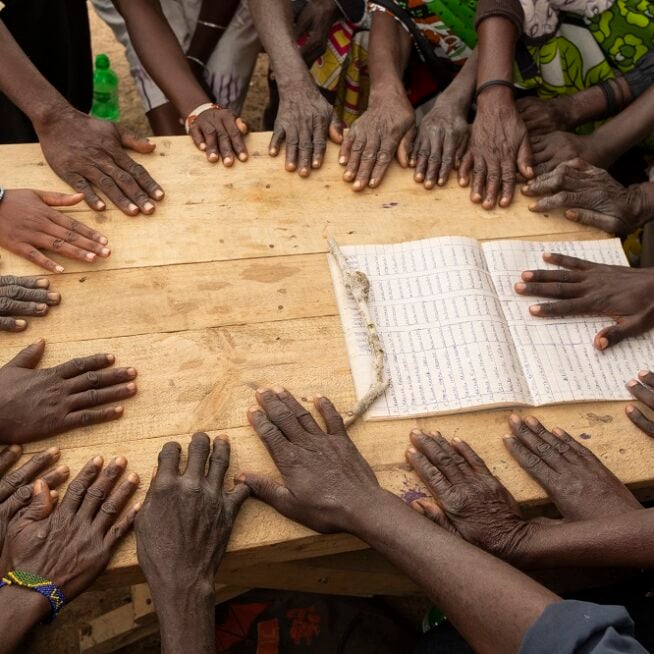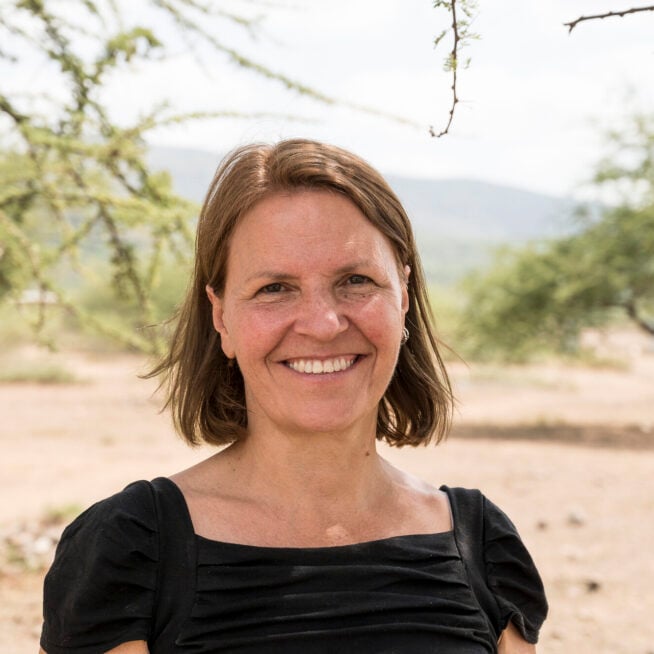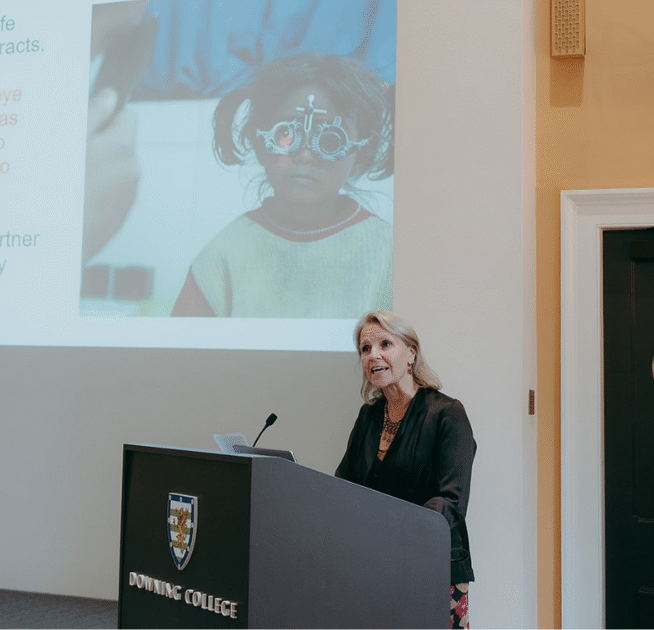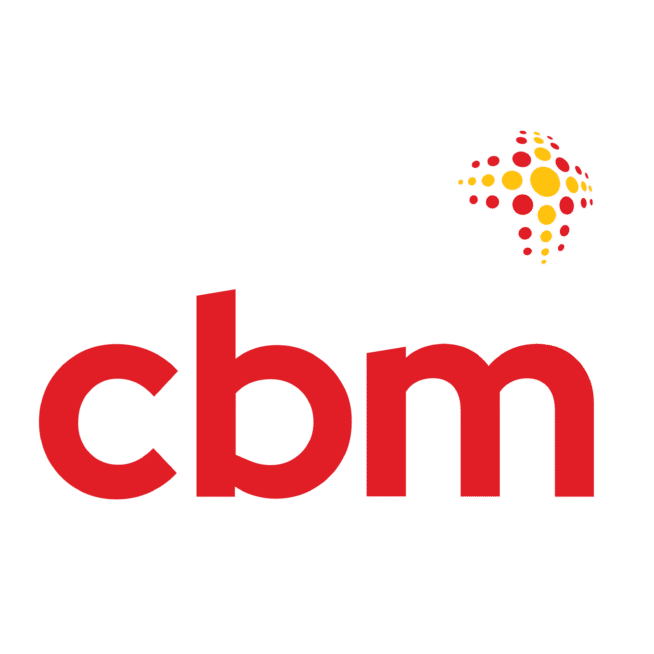Want to transform lives with us? Stay in touch and hear about our news, activities and appeals by email!
CBM Global shares lessons learned from disability inclusive cash assistance
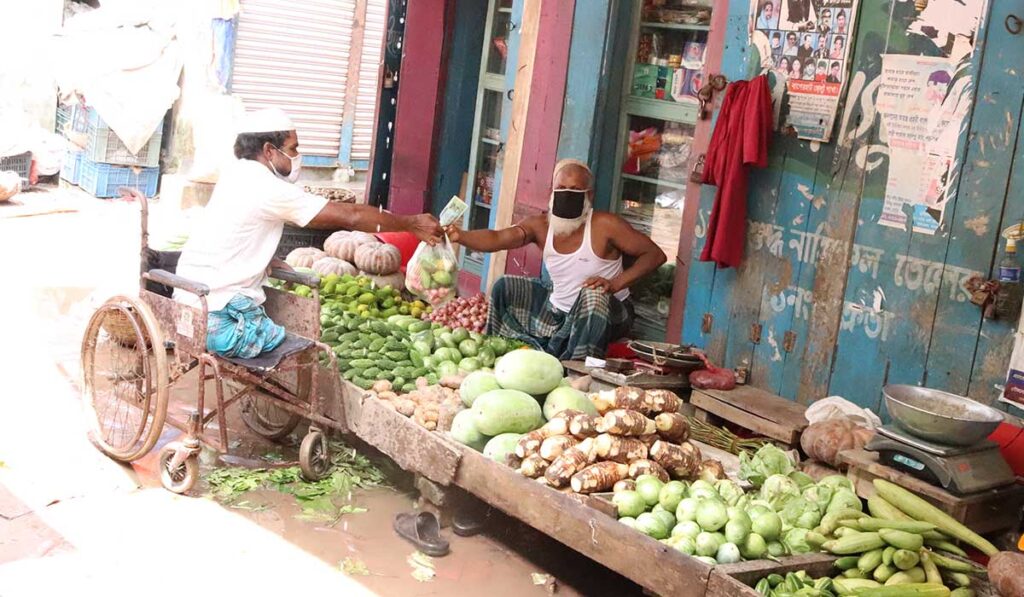
On World Humanitarian Day, CBM Global launches its new publication new publication “Disability Inclusive Cash Assistance: Learnings from Practice in Humanitarian Response” (open link in new tab).
Every 19th of August, World Humanitarian Day brings together humanitarian actors from across the globe to advocate for the protection, well-being, and dignity of people affected by crises, and for the safety and security of aid workers. It is also an opportunity to openly and transparently discuss what works and what doesn’t in a sector that needs desperately to be more inclusive of, and accountable to, the people and communities it aims to serve, and supportive of national and local humanitarian actors who most of the times are the first responders and know better the context.
CBM Global embraces this day as an opportunity to keep raising awareness on, and advocate for, the ethical obligation to respect and uphold the rights of persons with disabilities in crisis situations, and share its learnings on inclusive Humanitarian programming by launching its new publication “Disability Inclusive Cash Assistance: Learnings from Practice in Humanitarian Response” (open link in new tab).
Over the past six years, CBM has implemented inclusive cash and voucher assistance programmes in different humanitarian settings with the specific aim of ensuring equal access and benefit for persons with disabilities and other groups at risk of being left behind in humanitarian response. This case study collection describes lessons learned from seven inclusive humanitarian cash transfer projects implemented from 2015 – 2020 in Niger, Zimbabwe, Pakistan, Bangladesh, Philippines, and Indonesia, and five ongoing projects from the 2020 Covid-19 pandemic responses.
This good practice collection aims to benefit both humanitarian practitioners engaged in Cash Based Interventions (CBI) and the wider humanitarian sector by presenting insights and learning on how humanitarian CBI programmes can be made more inclusive, to ensure equal outcomes for disaster-affected people with disabilities and other at-risk groups.
Christian Modino Hok, CBM Global’s Humanitarian Action Director, says:
“There is strong evidence that cash assistance programmes help meet the basic needs of crisis-affected people in a more dignified manner by enabling them to make choices about services and assistance. However, there is still a significant evidence gap on how cash interventions can empower persons with disabilities to meet their specific needs or the risks associated with it. This publication aims to help reduce this evidence gap by providing key messages on inclusive cash assistance practices throughout all phases of the humanitarian programme cycle and opening up questions for further investigation and debate.”
Image: A man with disability buys his basic needs using the cash assistance provided by CBM Global and local partner from Bangladesh. ©CBM

